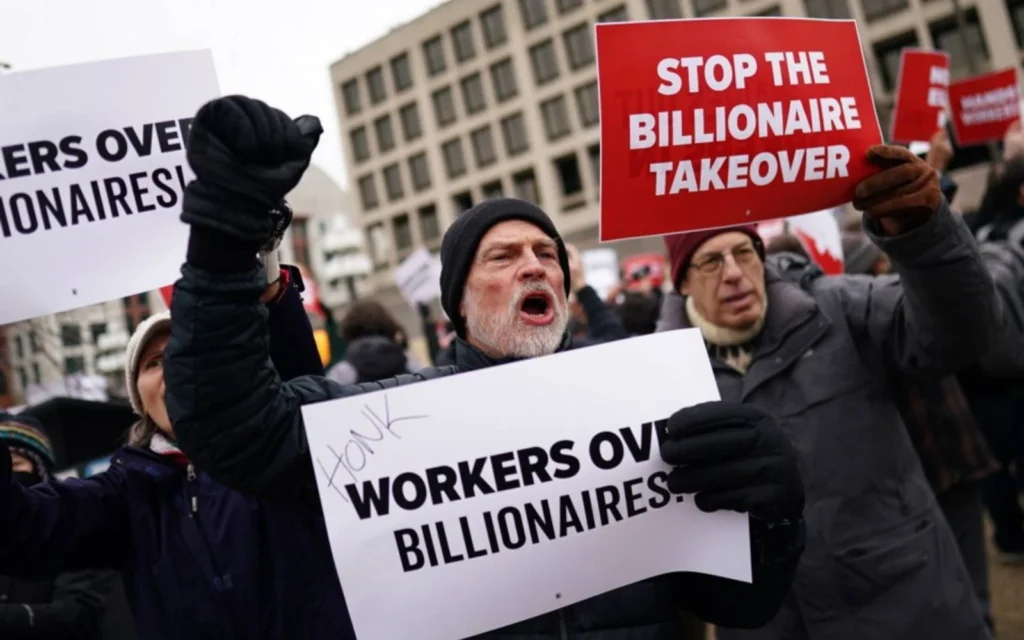One of the most crucial aspects of employment is making sure you receive proper payment for the hours you work. Though employers often have the upper hand in wage negotiations, legislation like the Fair Labor Standards Act (FLSA) mandates that workers are treated fairly and compensated in a reasonable manner.
If you have a wage or hour dispute with an employer, contacting a Virginia wage and hour lawyer could help ensure that your rights are protected and you have an avenue to pursue rightful compensation.
How Do Companies Commonly Violate the FLSA?
At a basic level, the FLSA states that workers are owed at least a minimum wage for every hour in which they work. Additionally, most workers—referred to as “non-exempt” under FLSA law—are owed compensation for working overtime, which is any amount of time over 40 hours per week.
Still, employers sometimes try to get around these regulations by using a number of different techniques. First, employers may inaccurately classify non-exempt employees as exempt, meaning that they do not have to pay those employees overtime. They also may enact various methods for paying their workers less than the mandated minimum wage.
Other violations of the FLSA include making workers perform work off-the-clock, illegally changing an employee’s timesheets, or making workers arrive early to do unpaid or off-the-clock preparation before their shift. This third violation often occurs in restaurant settings when managers ask serving staff to come in early to prepare cutlery or move tables and chairs.
Exempt and Non-Exempt Workers
A few occupations are automatically considered exempt from FLSA regulations, such as employees of airlines. For the most part, however, workers can use a simple test to check whether they are exempt under FLSA guidelines. The three-pronged test includes answering the following questions:
- Are you paid at least $47,476 per year?
- Are you salaried rather than paid on a per-hour basis?
- Do you perform high-level jobs for the company, such as administrative or executive functions?
While there are some exceptions for non-salaried positions, if you answer “yes” to all these questions, you are almost certainly an exempt employee. This means that your company does not have to pay you overtime wages under FLSA guidelines.
However, if your answer to any of these questions is “no,” then you are probably a non-exempt employee. If your employer fails to pay overtime in that case, it is best to consult a Virginia wage and hour lawyer to determine whether you may have a valid claim for compensation.
Special Considerations for Tipped Employees
Unfortunately, employees who work for tips often bear the brunt of FLSA violations. Under FLSA guidelines, the total per-hour pay of a tipped worker combined with their tips must match the state minimum wage. In Virginia, this means that tipped workers’ paychecks must reflect at least a pay of $7.25 per hour. If this is not the case, it is a violation of the FLSA.
Get Assistance from a Virginia Wage and Hour Attorney
If you experienced any of these FLSA violations or have a wage and hour dispute with an employer, contact a Virginia wage and hour lawyer as soon as possible to schedule a consultation. A qualified attorney from the Spiggle Law Firm could work to recover the compensation you have earned through your labor and protect your rights.









